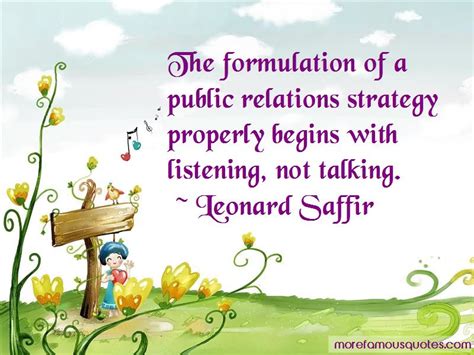A Quote by Bruce Henderson
Any approach to strategy quickly encounters a conflict between corporate objectives and corporate capabilities. Attempting the impossible is not good strategy. It is just a waste of resources.
Related Quotes
The opportunities and threats existing in any situation always exceed the resources needed to exploit the opportunities or avoid the threats. Thus, strategy is essentially a problem of allocating resources. If strategy is to be successful, it must allocate superior resources against a decisive opportunity.
You can talk all you want about having a clear purpose and strategy for your life, but ultimately this means nothing if you are not investing the resources you have in a way that is consistent with your strategy. In the end, a strategy is nothing but good intentions unless it's effectively implemented.
A good strategy is not always successful, but even an "inappropriate" strategy may be an actual strategy. A "bad strategy" is one that doesn't even try to address an important challenge. Instead, it speaks of aspirations, visions of the future, lays out performance goals, or simply lists a bunch of unconnected actions.


































